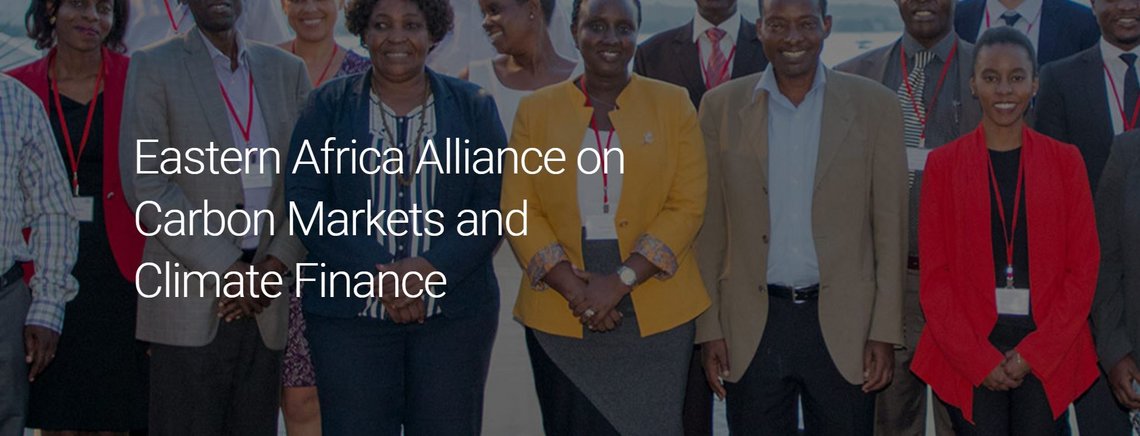Article 6 of the Paris Agreement enables Parties to use cooperation mechanisms. These in turn allow emission reductions to be transferred between countries. If credits on the carbon market are not traded with sufficient transparency and accountability, there is a risk of double-counting emission reductions. Rules for the use of cooperation mechanisms expected to be adopted at COP26 in Glasgow.
Countries decided to use corresponding adjustments to avoid double counting of internationally transferred mitigation outcomes (ITMOs); however, this has raised several questions about what corresponding adjustments are and how to apply them. The Eastern Africa Alliance on Carbon Markets and Climate Finance organized a three-day virtual training workshop on Corresponding Adjustments (CAs) from 30th August to 1st September 2021. The sessions’ objectives were to strengthen the understanding of the Alliance member countries on CAs as a critical issue relevant for national Article 6 implementation and institutional capacity development.
Participants were updated on open issues for Art.6, the role of Cas and what may be expected in reporting requirements. They were also taken through the Voluntary Carbon Market (VCM), the role for host countries, the relation to NDCs and the experience in Eastern Africa. Further to this, a practical exercise helped the participants to understand what data would be collected and calculated for CAs.
On the last day of the training, there was a brief review of the exercise from the previous session. El Hadji Mbaye Diagne shared Senegal’s experience in Article 6 and Corresponding adjustments for ITMOS. He also expounded on Senegal successfully signinng a bilateral agreement with Switzerland on Article 6 and taking part in a readiness assessment of Article 6.
Details on the sessions may be found here.

